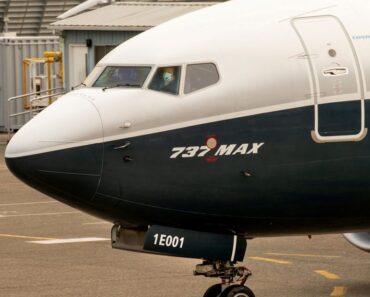This post was originally published on this site
 © Reuters.
© Reuters.By Geoffrey Smith
Investing.com — Europe’s benchmark stock index hit its highest since August last year Monday, lifted by hopes that the U.S. will back down from its threats to levy import tariffs on European cars.
Comments in a series of interviews from U.S. Commerce Secretary Wilbur Ross over the weekend suggested that President Donald Trump’s administration was having second thoughts about saddling U.S. consumers with yet more import tariffs less than a year before he seeks re-election.
In an interview with Bloomberg TV, Ross, who has previously taken a hard line in reducing the U.S.’s deficit in autos, referred to “very good conversations with our European friends, our Japanese friends, our Korean friends, and those are the major auto-producing sectors.”
“Our hope is that the negotiations we’ve been having … will bear enough fruit that it may not be necessary to put the 232 [Section 232 of a 1962 trade law] fully into effect, may not even be necessary to put it partly in effect.”
The comments were enough to send the German and the benchmark to their highest levels since January 2018. The Stoxx was up 0.7% at 402.00 by 4:45 AM ET (0930 GMT), while the DAX was up 0.9% at 13,080.19.
The was led by auto components group Continental (DE:) and by Daimler (DE:), the parent of Mercedes-Benz. Volkswagen (DE:) and BMW also rose more than 2%, while Covestro AG (DE:), a materials group which sells largely to the auto sector, was up 1.7% and non-DAX steelmaker Thyssenkrupp (DE:) was up 3.8%.
Other auto names were also strong, Peugeot (PA:) rising 4.3% and Fiat Chrysler Automobiles NV (MI:) rising 3.4%. Truckmaker Traton (DE:), spun off earlier this year from Volkswagen (DE:), lagged after posting a gloomy outlook for 2020.
Elsewhere, shares in ‘no-frills’ airline Ryanair (LON:) soared after a half-year update that was padded nicely by…frills. The group said extras such as seat selection and priority boarding meant that revenue grew in line with passenger traffic (up 11% on the year), despite a drop in basic fares. “Ancillary revenue” (the stuff traditional airlines never charged you for in the first place) rose 28% on the year, helping overall profit to come in comfortably ahead of analysts’ forecasts at 1.15 billion euros ($1.29 billion).
Ryanair also warned the delayed arrival of its Boeing (NYSE:) 737 MAX airplanes meant it would not be able to deliver promised unit cost savings until fiscal 2021. Ryanair is set to be one of the biggest European buyers of the 737 MAX, which burn 16% less fuel while carrying more passengers. However, it now expects to receive only 20 MAX-200s (previously 58) in time for the 2020 summer season. As a result, Ryanair cut its forecast for passenger growth in the year through March 2021 to 3% from 7%.
Fusion Media or anyone involved with Fusion Media will not accept any liability for loss or damage as a result of reliance on the information including data, quotes, charts and buy/sell signals contained within this website. Please be fully informed regarding the risks and costs associated with trading the financial markets, it is one of the riskiest investment forms possible.


